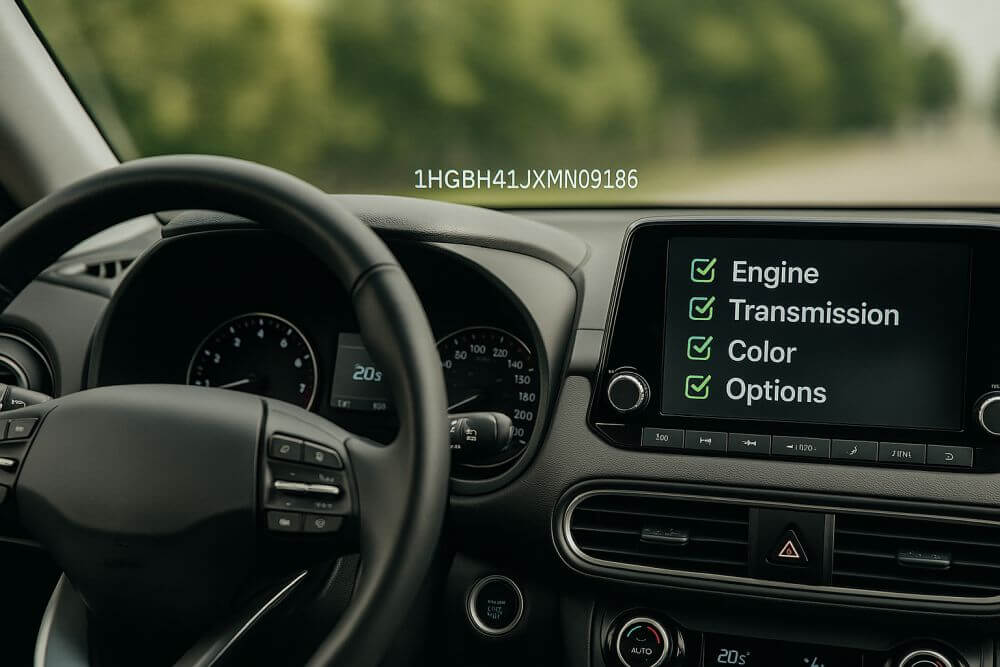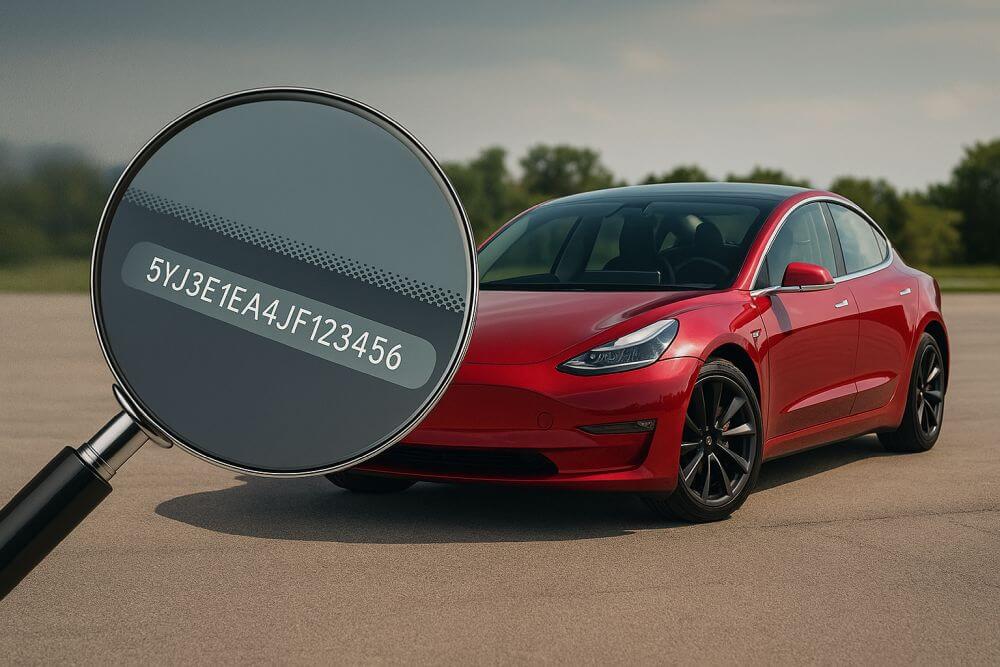If you are in the market for a used car, you might have heard about a free VIN number lookup option that will help you discover important information about the vehicle in question. The results of one of these searches can be pulled up on any computer or tablet with Internet access nearly instantaneously. However, before you run to your laptop, it might be helpful to know exactly what you can expect to find on a vin # search.
How to Do a Free VIN Number Lookup
To perform a VIN number check you simply need the vehicle identification number for the car in question and a device with Internet access. The vehicle identification number (VIN) refers to a unique number assigned to each vehicle sold. The number may be anywhere from 11 to 17 digits, depending on the year the car was manufactured. You can find the VIN on various locations on the car, or in the vehicle’s title, registration or insurance information.
Once you have obtained the VIN, you need to choose a company that provides vehicle history reports. A free lookup can be done through the National Insurance Crime Bureau, local DMV or a company that specializes in vehicle reports. Make sure the search will really be free of charge before you enter your VIN, so you don’t get any unpleasant surprises during the process.
When you have a service or agency selected, simply plug in the VIN and click search. It’s really that easy! Within moments, you will receive a report on the vehicle, which will include information that can be very helpful when you are negotiating the purchase of a used vehicle.
Limits on Free VIN Checks
While a free VIN number check can be fast, easy and free (of course), they are also limited in the type of information they offer. For example, a VIN check from the National Insurance Crime Bureau offers information about whether the vehicle has ever been reported stolen or been reported as a salvage vehicle. DMV checks typically reveal a car’s title history.
A free VIN lookup from a company specializing in this type of research might also provide basic information about the vehicle’s history. Specific information may vary from company to company, but typically includes similar information to what you might find from the National Insurance Crime Bureau or DMV. In other words, the information found on a free report will likely be accurate, but won’t provide a complete picture of the vehicle’s past and present condition.
Vehicle History Report – Getting More Info
If you want to get a full picture of a vehicle before you put your hard-earned dough into purchasing it, you may need to shell out a little of that dough up front for a full vehicle report. For just a few dollars, you can discover all the information in a free report, plus the following nuggets:
- Accident history on the vehicle, which could reveal structural damage and other problems
- Insurance records, including whether the car has ever been written off as a total loss
- Maintenance records that let you know if the vehicle has had the TLC it deserves
- Odometer readings to protect you from odometer rollback scams
- How the vehicle was used in the past (whether in a rental fleet, in a lease agreement or as a taxi)
- Whether the car has been identified under a state’s lemon laws
This information can be invaluable to someone who is on the market for a used vehicle, even though it’s not typically included in a free VIN number lookup.
Moral of the story – if you need a few key facts about a car, a free VIN number lookup might be the perfect solution. However, if you are in the market for a used car that you want to be safe and reliable for your family, a full vehicle report might be worth a few bucks to ensure you get complete information on the car you are interested in. The choice is yours, but it is important to be informed on the information available and your options so you can make the best choice on a used car purchase.


